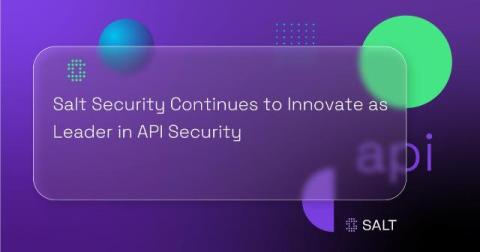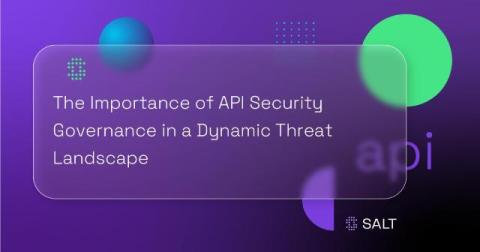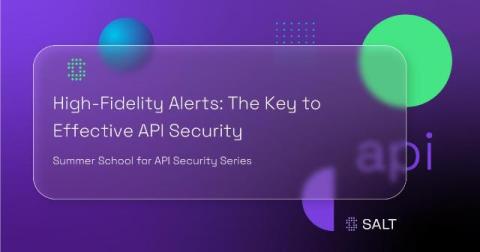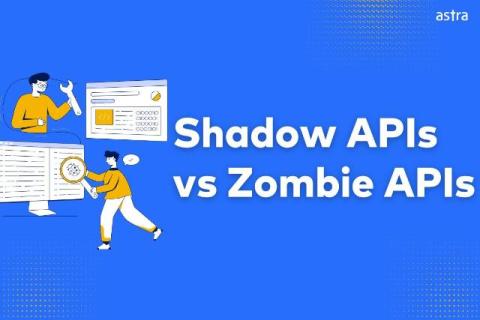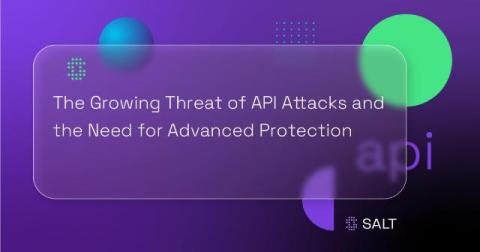Beyond the Noise: Achieving Accurate API Inventory with AI
The prevalence of APIs in today's digital environment is undeniable. They are crucial for modern applications, enabling seamless communication and data exchange between different software components. The rise of AI and machine learning has further accelerated API adoption, not only for accessing data and resources but also for rapid API development and deployment.



